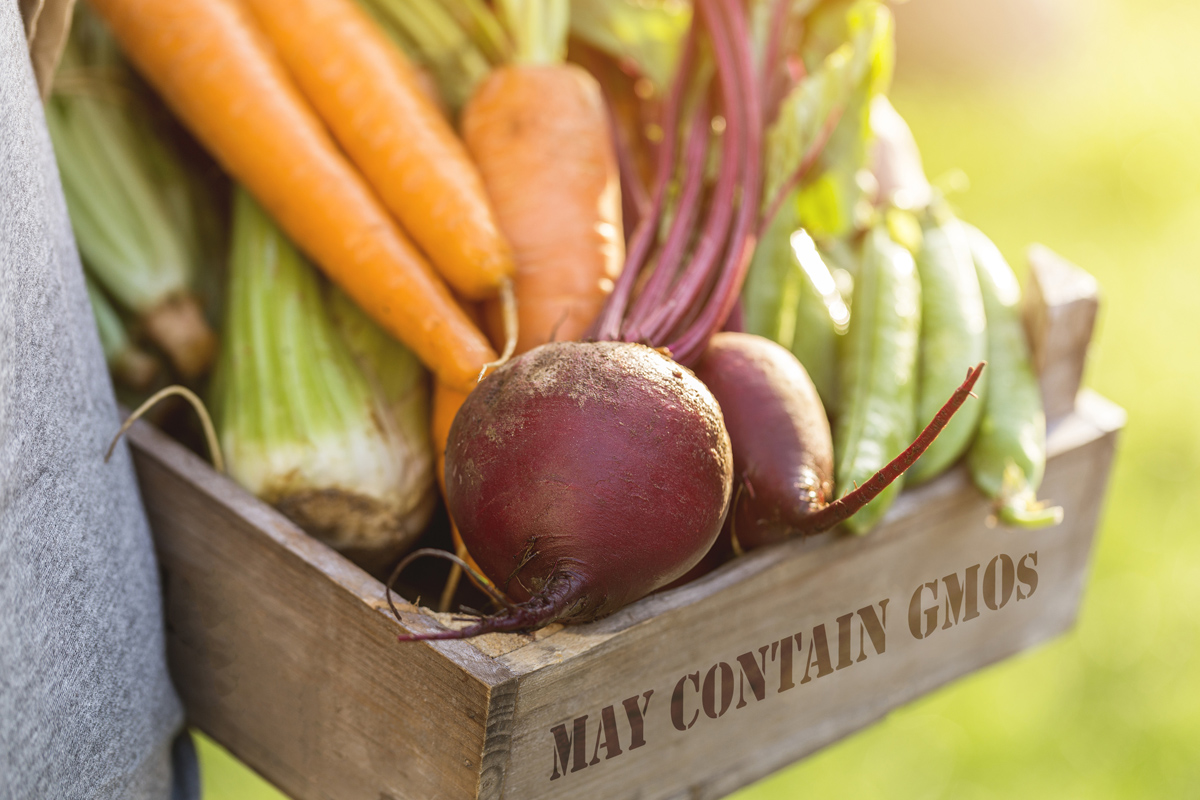This is a closed online session for producers and businesses in the artisan, craft and quality food sectors.
Co-hosted by A Bigger Conversation and Slow Food in the UK, this roundtable discussion looks at the potential impacts of new gene editing legislation in the UK for the artisan, craft and quality food sectors. These sectors are traditionally non-GMO and new laws which remove labelling, traceability and monitoring from gene edited – so-called ‘precision bred’ or PBO – crops and foods place a greater burden on producers to ensure the provenance of their food products.
These producers will be acutely aware that growing, selling and importing unlabelled gene edited food is now legal in England – and by extension the rest of the UK. The lack of labelling and traceability through the food system is problematic for producers selling into an ethical market where customers “shop their values”. UK consumers are highly opposed to gene edited and genetically modified foods. During the Defra consultation on the new law the majority of respondents (85%) stated they opposed this change. Similarly during a recent Food Standards Agency consultation on the marketing of precision bred foods, 71% disagreed with the FSA’s plans to remove regulatory control from these foods.
Like Defra, the FSA has rejected the findings of its own consultation.
This free online discussion aims to help artisan, craft and quality food producers engage with and understand new and upcoming changes in the English legislation and their impacts throughout the UK. It aims to answer questions such as: What does this mean for producers, retailers and the artisan sector, particularly for those who purchase from very small producers who may produce to organic standards but may not have organic audit trails? What does this mean for businesses that export, including to Ireland and the wider EU market – which currently demands labelling for both genetically modified and gene edited food products? What is the timeline for these changes, and what is happening with animals (and therefore animal products) from 2025?
The session will also provide space for producers to air their views on gene editing, on how we define terms like artisan, the importance of provenance and the story of individual brands, customer expectations and how technological interventions such as gene editing may influence these things.
The session will be led by:
Pat Thomas, Director of A Bigger Conversation, is an expert on new technologies and their often unpredictable impacts on environment, business and culture.
Shane Holland, Executive Chairman of Slow Food in the UK, is an expert on the artisanal/quality food sector and on trade issues and barriers.

